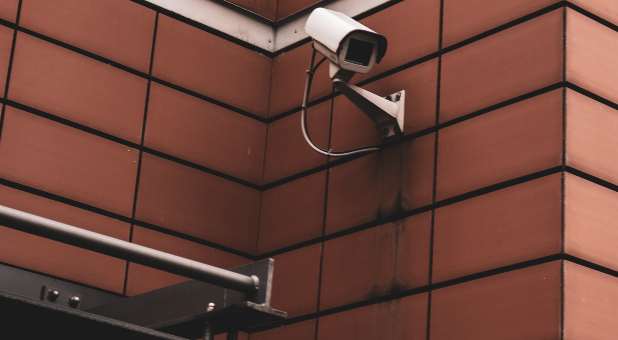Chinese Communist Party’s Video Surveillance Goes Global
China has become known for its social credit system, which uses the feeds from surveillance cameras and smartphone scammers to track its citizens’ actions, raising or lowering their scores based on how well those align with Communist Party values. But news from the Gatestone Institute’s International Policy Council reveals the totalitarian controls are now reaching beyond the superpower’s borders to track the rest of the world.
Gatestone reports that in the Haidilao Hot Pot restaurant in the Kitsilano district of Vancouver, more than 60 surveillance cameras watch 30 tables and send feeds to China. The cameras, manager Ryan Pan explains, are there to “people track” and are ‘”part of the social credit system in China,” per the Sunday Guardian.
Vancouver is “a gateway for the Chinese Communist Party into North America,” investigative journalist Ina Mitchell told Gateway. In addition, this particular restaurant’s location is within walking distance of the home rented by China’s Huawei Technologies for staff relocated to Vancouver to assist Huawei CFO Meng Wanzhou, under investigation for alleged bank fraud in the U.S.
China’s State Council first issued guidelines for the establishment of the social credit system in 2014, with plans for it to be in place by 2020, to include “feeds from about 626 million surveillance cameras and smartphone scanners and with data from a multitude of sources,” Gatestone says.
Individuals with low scores receive consequences; in fact, officials say the purpose of the system is to “allow the trustworthy to roam everywhere under heaven while making it hard for the discredited to take a single step.”
Xi Jinping, China’s current president and general secretary of the CCP, wants China to achieve supremacy in artificial intelligence by 2030, building a digital system of social control to identify dissenters, per The Atlantic. The same article says that “In the near future, every person who enters a public space could be identified, instantly, by AI matching them to an ocean of personal data, including their every text communication, and their body’s one-of-a-kind protein-construction schema. In time, algorithms will be able to string together data points from a broad range of sources—travel records, friends and associates, reading habits, purchases—to predict political resistance before it happens. China’s government could soon achieve an unprecedented political stranglehold on more than 1 billion people.”
China hopes to implement the nationwide system by 2025, Gatestone says. And in the meantime, the CCP continues to collect data—both at home and abroad. From 2015-2017, officials used Huawei servers to secretly download data from computers housed in the African Union in Addis Ababa, Ethiopia.
But Gatestone says, “Beijing’s ambition does not stop there. It has provided tens of billions of dollars of subsidies to Huawei so that the Shenzhen-based giant, the world’s largest maker of telecom networking gear, can provide equipment for the world’s 5G networks. 5G—the fifth generation of wireless communications—makes possible the Internet of Things, which will connect virtually all the world’s devices, from cars to toasters to pacemakers.”
China can take data from any and all of those devices, thus extending its social credit system across the globe. {eoa}














































